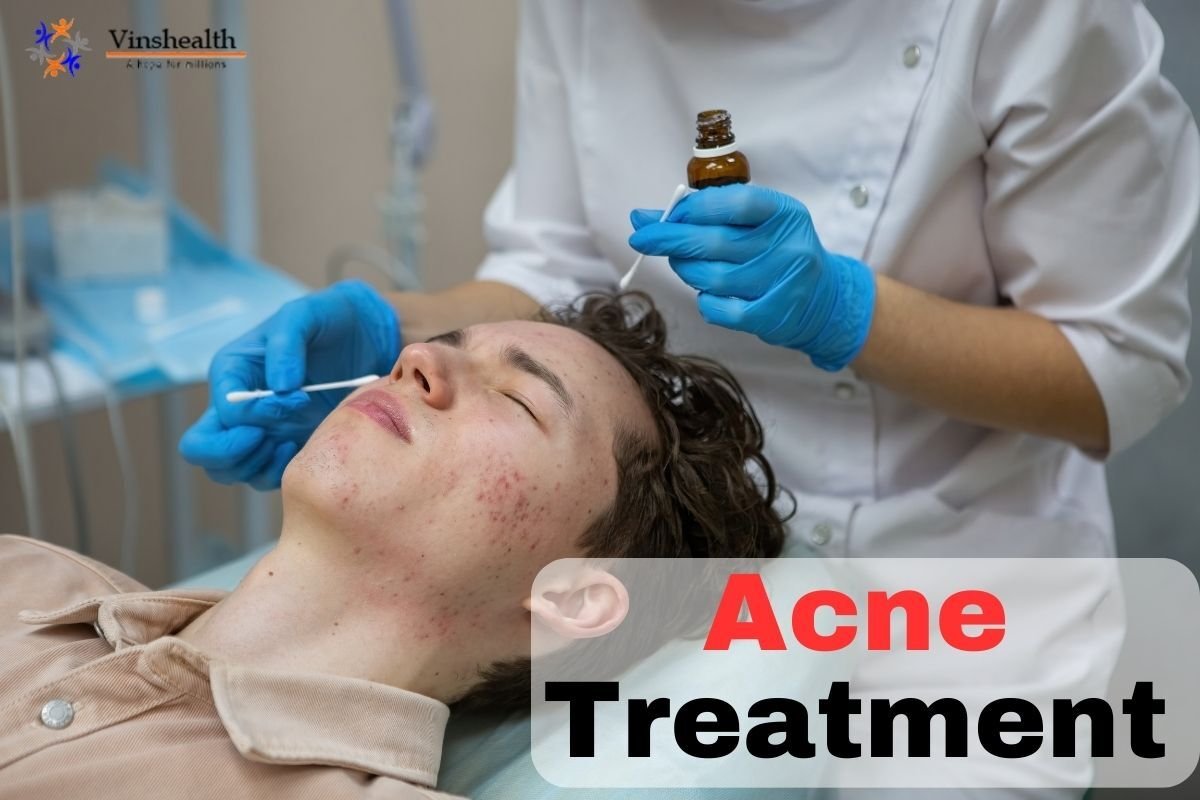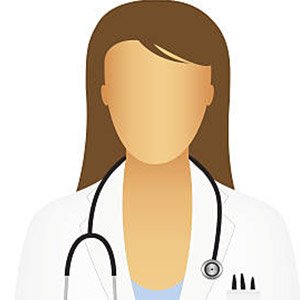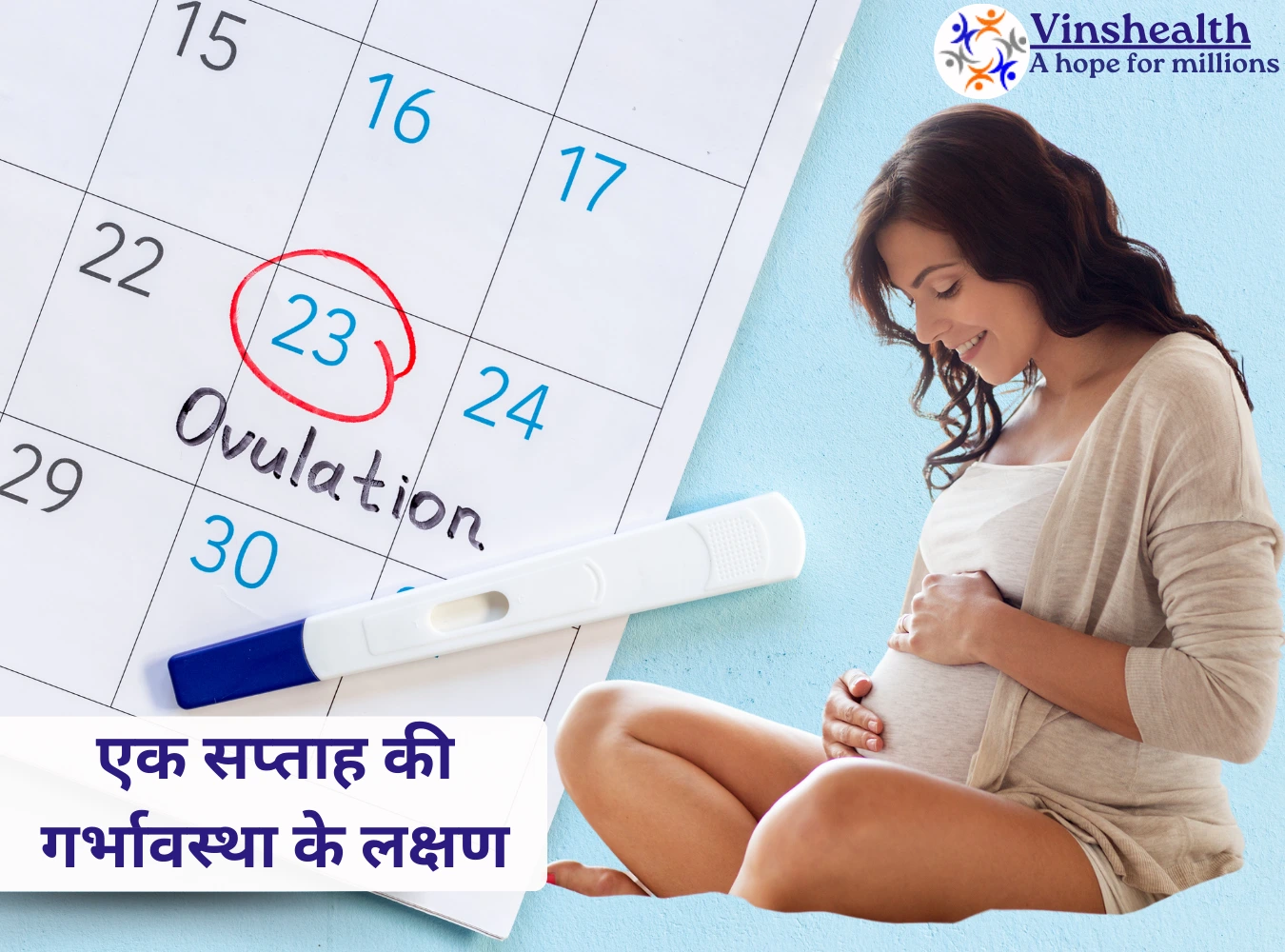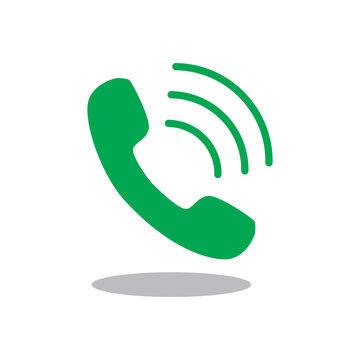Acne Treatment: Causes, Symptoms and cost
- 2023-08-02
- Acne Treatment, Acne Treatment cost in India
Acne, a widespread skin condition, impacts millions of individuals globally, irrespective of their age or gender. It can lead to physical discomfort and emotional distress, affecting one's self-esteem and confidence. Luckily, there are numerous effective treatments available to combat acne and restore clear, healthy skin. In this blog, we will explore the various acne treatment options, their cost in India, and the benefits they offer.
Table of Contents
- What is Acne?
- Causes of Acne
- Acne Symptoms
- Acne Scars
- What is Acne Treatment?
- Over-the-Counter (OTC) Products
- Topical Treatments
- Oral Medications
- Dermatological Procedures
- Lifestyle Changes for Acne Prevention
- Cost of Acne Treatment in India
- Benefits of Acne Treatment
- Frequently Asked Questions
What is Acne?
Acne, also known as acne vulgaris, is a skin condition that affects the pilosebaceous units, which are hair follicles and sebaceous glands. These glands secrete sebum, a natural oily substance that moisturizes and lubricates the skin. When excessive sebum production combines with dead skin cells and bacteria, it can clog the hair follicles, resulting in acne.
Causes of Acne
Several factors contribute to the development of acne, including hormonal fluctuations, excess sebum production, bacterial growth, and inflammation. Hormonal changes during puberty, menstruation, or pregnancy can trigger acne breakouts. Moreover, certain medications, genetics, and lifestyle choices such as a high-glycemic diet or stress can also play a role in acne formation.
Acne Symptoms
Acne can appear in different forms, including whiteheads, blackheads, papules, pustules, cysts, and nodules. Whiteheads are closed clogged pores, while blackheads are open clogged pores with oxidized sebum. Papules and pustules are inflamed red bumps filled with pus, while cysts and nodules are deeper, more severe forms of acne.
Acne Scars: A Lingering Effect
If acne is not treated properly, it can lead to scarring, which can persist long after the acne has cleared. Acne scars can have a negative impact on self-esteem and can be challenging to treat, making early intervention and effective treatment crucial to preventing scarring.
What is Acne Treatment?
Acne is a skin condition that occurs when hair follicles become clogged with oil and dead skin cells, resulting in the formation of pimples, blackheads, and whiteheads. Hormonal changes, genetics, and certain lifestyle factors can contribute to acne development. It commonly appears on the facial area, chest, back, and shoulders. Acne can range from mild to severe, and early treatment is essential to prevent scarring and reduce its impact on daily life.
Over-the-Counter (OTC) Products
For mild cases of acne, over-the-counter products can be the first line of defense. OTC options usually contain active ingredients like benzoyl peroxide, salicylic acid, or alpha hydroxy acids, which help unclog pores and reduce inflammation. These products are readily available at drugstores and are generally affordable, making them accessible to most individuals.
Topical Treatments
For moderate to severe acne, dermatologists may recommend prescription-strength topical treatments. These can include retinoids, which promote skin cell turnover, and antibiotics, which target acne-causing bacteria. Topical treatments are applied directly to the affected areas and are usually well-tolerated, though they may cause some mild side effects like dryness or redness.
Oral Medications
In cases where topical treatments alone are insufficient, oral medications may be prescribed. Oral antibiotics, such as doxycycline or minocycline, help reduce inflammation and bacteria. Another option is oral contraceptives for women, which can regulate hormones and improve acne. However, these medications can come with side effects and may not be appropriate for everyone. Therefore, consulting a dermatologist is crucial to establish the most suitable treatment plan.
Dermatological Procedures
In severe cases of acne or to address scarring, dermatological procedures can be effective. Some common procedures include:
a. Chemical Peels: Chemical solutions are applied to the skin, exfoliating the top layer and promoting new skin growth.
b. Microdermabrasion: A minimally invasive procedure that uses fine crystals to exfoliate the skin, reducing the appearance of acne scars.
c. Laser Therapy: Various laser treatments can target acne-causing bacteria, reduce inflammation, and improve skin texture.
d. Drainage and Extraction: Dermatologists can safely extract large, painful cysts to alleviate discomfort and reduce the risk of scarring.
Lifestyle Changes for Acne Prevention
In addition to medical treatments, certain lifestyle changes can help prevent acne flare-ups. These include:
a. Proper Skincare: Gentle cleansing and avoiding harsh products can help maintain skin health.
b. Healthy Diet: Consuming a balanced diet rich in fruits, vegetables, and whole grains can support skin health.
c. Stress Management: Stress can worsen acne, so finding relaxation techniques like yoga or meditation can be beneficial.
d. Avoiding Picking or Squeezing: Picking at acne can lead to scarring and further inflammation.
Home Remedies for Acne Marks
Home remedies can be effective in reducing the appearance of acne marks or scars and promoting skin healing. These remedies are often natural and readily available, making them a popular choice for many individuals. Here are some home remedies for acne marks:
Honey and Cinnamon Mask:
1. Mix one tablespoon of honey with half a teaspoon of cinnamon powder to form a paste.
2. Apply the mixture to the acne marks and leave it on for 10-15 minutes.
3. Rinse off with warm water and pat your skin dry.
4. Honey has antibacterial properties and can help soothe the skin, while cinnamon aids in improving blood circulation and promoting skin healing.
Lemon Juice Application:
1. Squeeze fresh lemon juice into a bowl and dilute it with equal parts water.
2. Using a cotton ball, apply the lemon juice solution to the acne marks.
3. Leave it on for 10 minutes, then rinse off with cool water.
4. Lemon juice contains natural alpha hydroxy acids (AHAs) that can help exfoliate dead skin cells and fade acne marks. However, it can be drying, so moisturize afterward.
Green Tea Compress:
1. Brew a cup of green tea and let it cool to room temperature.
2. Soak a clean cloth or cotton pads in the cooled green tea and apply it to the acne marks.
3. Leave it on for 15-20 minutes, then rinse your face with water.
4. Green tea is rich in antioxidants, which can help reduce inflammation and promote skin repair.
Aloe Vera Gel:
1. Extract fresh gel from an aloe vera leaf or use store-bought aloe vera gel.
2. Apply the gel directly to the acne marks and leave it on for 20-30 minutes.
3. Rinse it off with water or leave it on overnight to maximize its benefit.
4. Aloe vera has anti-inflammatory and soothing properties that can help fade acne marks and improve skin texture.
Potato Juice Treatment:
1. Grate a potato and extract its juice using a clean cloth or strainer.
2. Apply the potato juice to the acne marks using a cotton ball.
3. Leave it on for 15-20 minutes, then rinse off with water.
4. Potatoes contain enzymes and vitamins that can aid in skin lightening and reducing the appearance of scars.
Turmeric Paste:
1. Mix one teaspoon of turmeric powder with enough water to form a thick paste.
2. Apply the paste to the acne marks and let it dry for 15-20 minutes.
3. Rinse off with lukewarm water, being cautious as turmeric can stain clothes and skin.
4. Turmeric has anti-inflammatory and antioxidant properties that can help fade acne marks and brighten the skin.
Remember to perform a patch test before trying any home remedy to ensure you are not allergic to any ingredients. Consistency and patience are key when using home remedies for acne marks, as it may take several weeks to see noticeable results. For severe acne scarring or persistent skin issues, it is best to consult a dermatologist for personalized treatment options.
Cost of Acne Treatment in India
The cost of acne treatment in India can vary significantly depending on the severity of the condition, the chosen treatment method, and the geographical location. Here is an approximate cost range for common acne treatments in India:
OTC Products: ₹100 to ₹500 per month
Topical Treatments: ₹500 to ₹2,000 per month
Oral Medications: ₹1,000 to ₹3,000 per month
Dermatological Procedures: ₹2,000 to ₹10,000 per session
It is important to note that these costs are approximate and may differ from one clinic or pharmacy to another. Moreover, health insurance coverage may help offset some of these expenses, so it is advisable to check with insurance providers.
Benefits of Acne Treatment
The benefits of acne treatment extend far beyond clear skin. They include:
a. Improved Confidence: Treating acne can boost self-esteem and confidence, promoting a positive self-image.
b. Preventing Scarring: Timely and appropriate treatment can prevent or minimize the formation of acne scars.
c. Enhanced Overall Skin Health: Acne treatment often involves proper skincare, leading to healthier-looking skin.
d. Better Mental Well-being: Clearing acne can alleviate emotional stress and anxiety associated with the condition.
e. Reduced Risk of Infection: Treating acne helps reduce the risk of bacterial infections that can exacerbate the condition.
Conclusion
Acne is a common skin condition that can impact physical and emotional well-being. Fortunately, there are several effective treatments available to combat acne and restore clear, healthy skin. From over-the-counter products to dermatological procedures, there is a wide range of options to suit individual needs. It is crucial to consult a dermatologist to determine the most appropriate treatment plan for each person's specific case.
By investing in acne treatment, individuals can experience improved self-confidence, prevent scarring, and enjoy healthier skin overall. Remember that lifestyle changes, along with medical intervention, can make a significant difference in managing acne and promoting long-term skin health.
Take charge of your skin health today and embrace the benefits of acne treatment. Keep in mind that achieving clear skin is attainable, and you don't need to confront acne all by yourself. Consult a dermatologist and embark on the journey to a more confident, blemish-free you!
Frequently Asked Questions (Acne Treatment)
Q: What is acne, and why does it occur on the face?
A: Acne, also known as pimples on the face, is a common skin condition that occurs when hair follicles become clogged with oil and dead skin cells. The face is particularly prone to acne because it has a higher density of hair follicles and sebaceous glands, which produce oil (sebum) to keep the skin lubricated.
Q: What are the symptoms of acne?
A: Acne can manifest in various forms, including whiteheads (closed clogged pores), blackheads (open clogged pores with oxidized sebum), papules (inflamed red bumps), pustules (inflamed bumps filled with pus), cysts, and nodules (deep, severe forms of acne).
Q: What are the best treatments for acne?
A: Effective acne treatments include using specialized acne face washes with ingredients like salicylic acid or benzoyl peroxide. Topical acne creams containing retinoids, antibiotics, or azelaic acid can also be helpful. For severe cases, dermatologists may prescribe oral medications or recommend laser treatments.
Q: Can I use home remedies for acne treatment?
A: Yes, some home remedies can help with acne treatment. Home remedies like a honey and cinnamon mask, lemon juice application, or green tea compress can be beneficial in reducing inflammation and fading acne marks. However, it is essential to consult a dermatologist before trying any home remedies to ensure they are suitable for your skin type and condition.
Q: How much does acne treatment cost in India?
A: The cost of acne treatment in India can vary based on the severity of acne and the chosen treatment approach. Over-the-counter acne creams and face washes are relatively affordable, with prices ranging from INR 100 to INR 500. Dermatologist-prescribed medications or laser treatments may cost more, typically ranging from INR 1000 to INR 5000 per session.
Q: What are the benefits of effective acne treatment?
A: Effective acne treatment offers several benefits, including:
Boosted self-confidence and improved self-esteem due to clearer skin.
Better overall skin health and a reduction in acne breakouts.
Prevention of acne scarring, leading to a smoother complexion.
Q: Can face washes for acne-prone skin be used daily?
A: Yes, face washes specifically formulated for acne-prone skin can typically be used daily. However, it is essential to follow the instructions on the product label or as recommended by a dermatologist. Avoid over-washing or using harsh cleansers, as this can strip the skin of its natural oils and worsen acne.
Q: Are there any side effects of using topical acne creams?
A: Some people may experience mild side effects like dryness, redness, or peeling when using topical acne creams, especially those containing retinoids or benzoyl peroxide. These side effects usually subside over time as the skin adjusts to the treatment. If you encounter intense irritation or allergic reactions, stop using the product immediately and seek advice from a dermatologist.
Q: How long does it take to see results from acne treatments?
A: The time it takes to see results from acne treatments can vary depending on the individual, the severity of acne, and the chosen treatment approach. In general, it may take several weeks to notice significant improvement. Patience and consistency with the treatment regimen are essential for achieving the best results.








Doctor team is very nice and cooperative thanks
2023-01-27 00:00:00